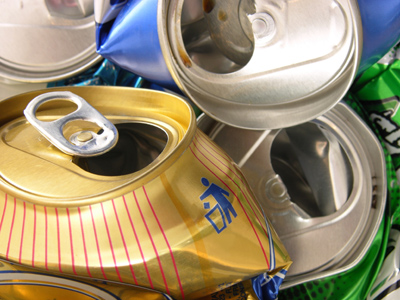
Chemistry - Making Metal Supplies Go Further (AQA)
One of the topics covered in GCSE Science is building materials, such as metals or limestone. This is the fourth of seven quizzes on that subject and it looks specifically at our metal supplies, and making them go further through recycling.
We obtain most of our resources from the Earth's crust and these resources are limited. It is therefore important that we conserve as much as possible because when they are gone, they are gone forever. So how can we make our supplies of these resources go further? One way to conserve our resources is to recycle waste products instead of sending them to landfill sites. Some forms of recycling happen naturally, for example the carbon cycle and nitrogen cycle which allow these two important elements to be recycled.
Before any metals can be ________ the scrap metal has to be collected, ____________ and sorted, which all cost money. The main problem with recycling metals is ____________ the useful metal from the rest of the rubbish. In domestic recycling plants iron and steel objects can be picked out using an __________ as most other materials are non-magnetic.
Ready for more?
not all...
quizzers. Try to win a coveted spot on our Hall of Fame Page.







